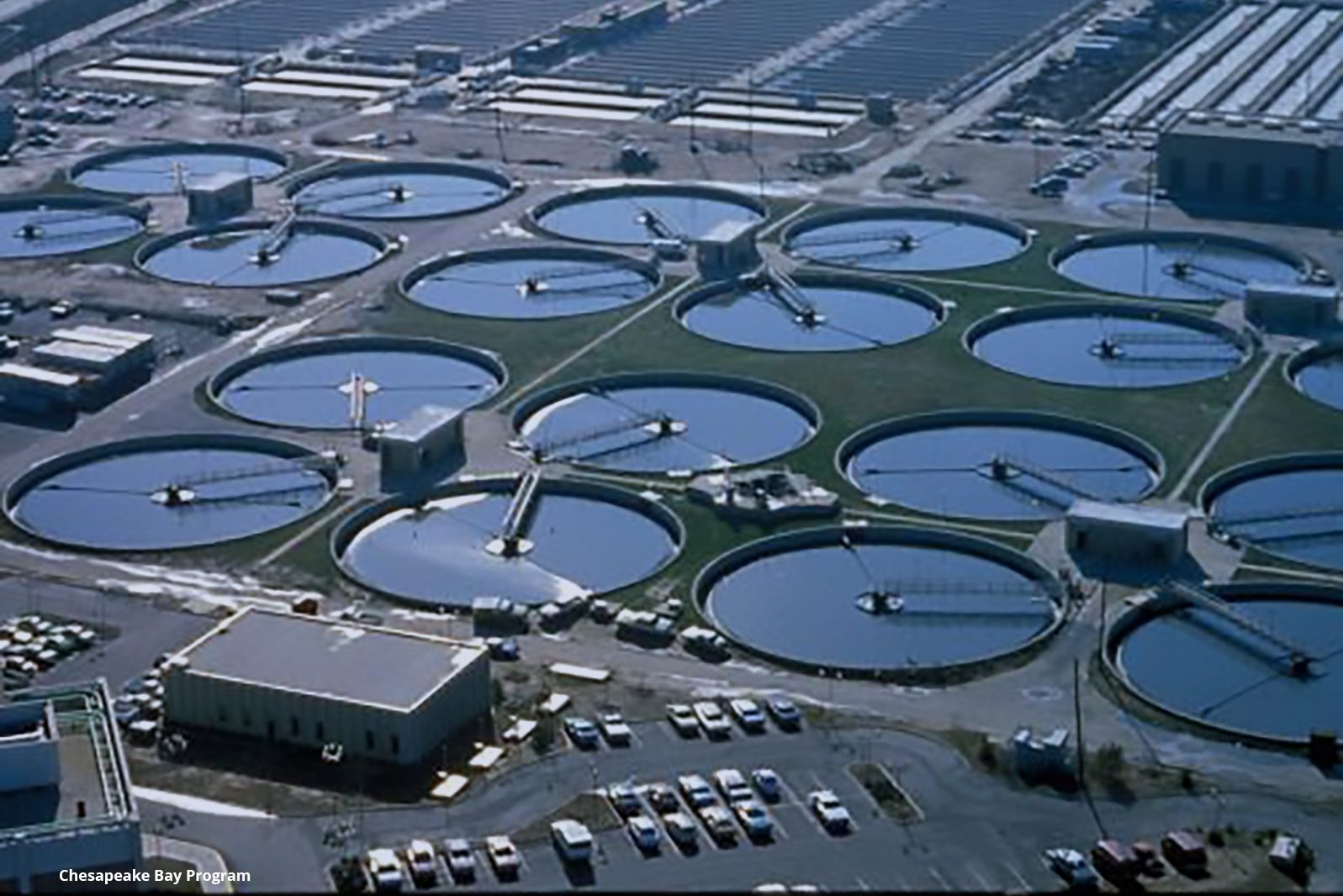Cutting-edge Agriculture Technology Helps Feed the World
As the agriculture industry began to use fossil fuel resources, farm mechanization and fertilizer production increased, and food processing and transportation improved. As a result, food production increased exponentially. Today, the food sector accounts for approximately 30 percent of the world’s total energy consumption and food production will need to increase by 70 percent by 2050 to meet growing demand.
Because the agriculture industry is heavily reliant on fossil fuels, it’s important that we make informed energy choices as we work to meet growing demand while balancing environmental considerations.


Advanced Water Treatments Improve Public Health
Before sewage systems and wastewater treatment plants, people disposed of waste through cesspools and privies. They cleaned water manually using methods such as slow sand filtration systems. With advancements in technology during the 20th century, desalination and wastewater treatment plants helped to improve public health.
We must power these plants efficiently and reliably as demand continues to grow. Drinking water and wastewater systems alone account for approximately 2 percent of energy use in the United States, and by 2040, the amount of energy used in the water sector is expected to more than double.


New Electricity Generation Technologies Limit Air Pollution
As the use of coal to generate electricity grew in the late 19th and throughout the 20th centuries, air pollution also increased. Innovations helped fossil fuel-fired technologies become much cleaner throughout the 1900s, as did the increased use of other electricity-generating sources, such as natural gas, nuclear power and renewables.
We need to continue to make smart energy choices as we work to balance population growth and increasing energy demand with the need to protect and sustain the planet.


Energy Powers World-class Health Care Systems
Prior to the 20th century, the health care system did not have the infrastructure or technology needed to sustain a growing population that faced new diseases and other medical challenges. Today, medical advancements and modern technology have radically transformed health care and increased life expectancy.
Now and into the future, we will need more energy to power world-class health care systems and to support people around the world as they aim to live the healthiest lives possible. We must make responsible choices as we select the technologies that will provide this energy.


Technology Makes Transportation More Environmentally Friendly
For centuries, humans relied on horses and carriages as their primary mode of transportation. That all changed in the early 20th century with the invention of the automobile. In the 100 years since cars hit the road, the technology has advanced rapidly. What began as a gasoline-powered vehicle is today fueled not only with gasoline, but also with electric and battery technologies.
The number of electric vehicles on the road surpassed 3 million in 2017. That could increase to between 125 million and 220 million by 2030. As electric vehicles become more mainstream, we must make smart choices about how to power them.


